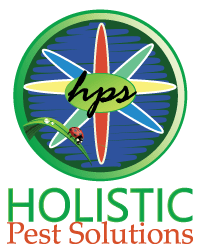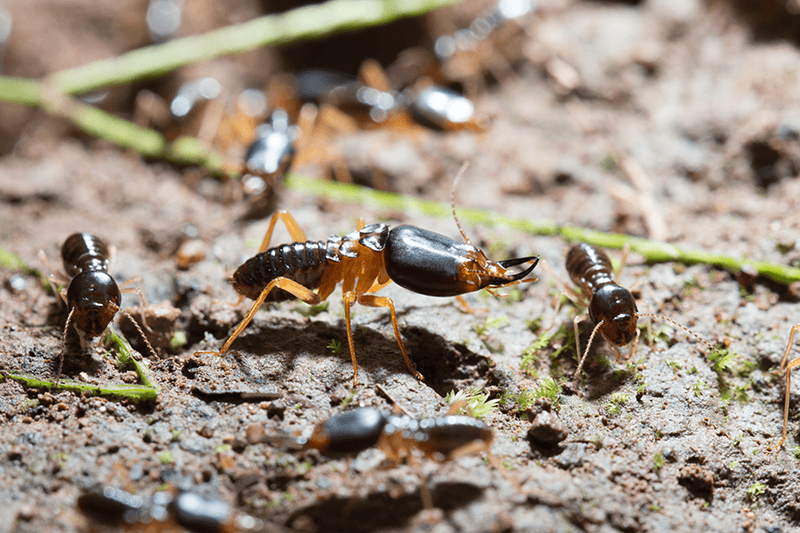We are barreling to the “eating season,” with Thanksgiving just a few days away. When humans get hungry, we’ve been known to say “I’m starving to death” or “I’m so hungry, I could eat a horse.” When humans are hungry, we may get a little dramatic with overstatements to express it and lots of pomp and circumstance to create the meal, then we eat. Termites skip the drama and go straight to the eating. Although they aren’t interested in eating a horse, just your HOUSE. And they don’t need gravy or cranberry sauce to do it. What do we need to know to prevent your home from being a termite’s next meal? Let’s learn more.
There are Drywood Termites that can eat your home from the inside out and Subterranean termites that eat your house from the outside in. Together, they cost US property owners BILLIONS OF DOLLARS in damage each year. Eastern Subterranean termites are the most popular here in Central Virginia and they won’t hesitate to make a meal out of your house if you leave it unprotected. Eastern Subterranean Termites can do quite a bit of damage over time. Although it can take three or more years for significant structural damage to be done, it isn’t how long, or how much damage these insects do, that matters most. The kind of damage that termites will do to your home can be endless. These tiny insects eat away at the inside of the wood in a structure and it can be next to impossible to know the extent of the damage, how much strain it will put on the entire framework of your house and what part of it will collapse first.
See also Wintertime Pest Worries
We at Holistic Pest Solutions do not know when or if termites will make your home their next meal. What we CAN tell you for sure is that termite damage can be avoided. If you have detected termites in your home or have uncovered any (even small) signs of termites, our professionals can help to consult with you about the best termite treatment options available. Our approach is PROACTIVE. It is our goal to stay in front of any potential termite infestations to prevent damage and future issues. Out termite control plans will effectively eliminates active termite infestations and prevents new termite colonies from establishing.
Continuous Monitoring For New Termite Activity
We will continue to monitor protect your home against future termite infestations as needed and we’ll conduct regular maintenance to ensure optimal termite protection.
Where to Inspect for Termites
Now that you know what to look for, here are some of the most common places termites are found. Be sure to inspect these areas regularly to look for signs that you might have termites.
- The Basement: Termites thrive in areas of high moisture, which is why they often find their way into the basements of homes. Basements usually contain a lot of wood for them to feed on as well, which makes for the perfect habitat for termites. Try to keep moisture levels and humidity down in your basement by using a dehumidifier. This should help keep the termites away.
- The Garage: The garage of a home is another place that often has high moisture, clutter and wood for termites to enjoy. You should avoid storing wood in your garage and try to make sure it is as sealed as possible.
- Under Landscape Rocks and Timber: Landscaping in a yard might look great but it can also provide a habitat for termites. You should be sure to check under rocks, timber and other places where termites could thrive. If you have piles of wood or wood chips you should try to keep them away from your house.
See also Winter Termite Threat
CONTACT Holistic Pest Solutions to learn more about our treatment plans for termites, ants, mosquitoes or any other pests or give us a call at 434 842 1700. Whether you’re in Charlottesville, Waynesboro, or close by to either, Holistic Pest Solutions has the treatments that are mindful of our clients AND our Earth.
*Our Environmental Commitment: Holistic Pest Solutions is committed to the preservation of our environment. Our goal is to nurture the soils and plant life of lawns and landscapes. Utilizing holistic pest control practices that cause the least amount of impact on the environment.







